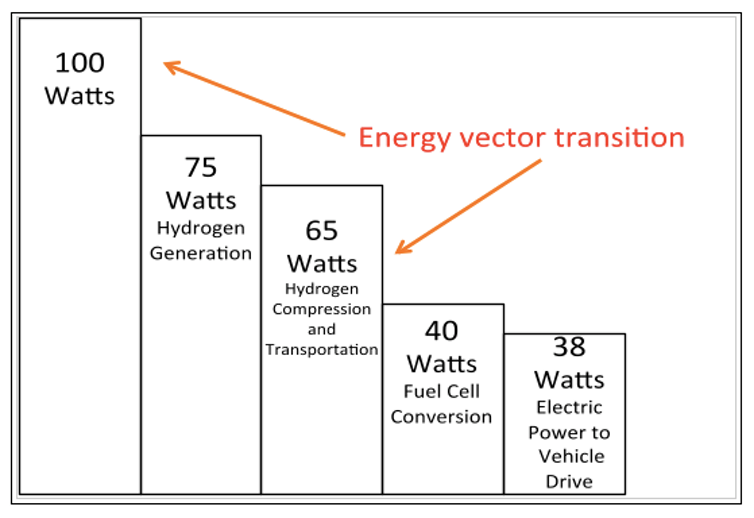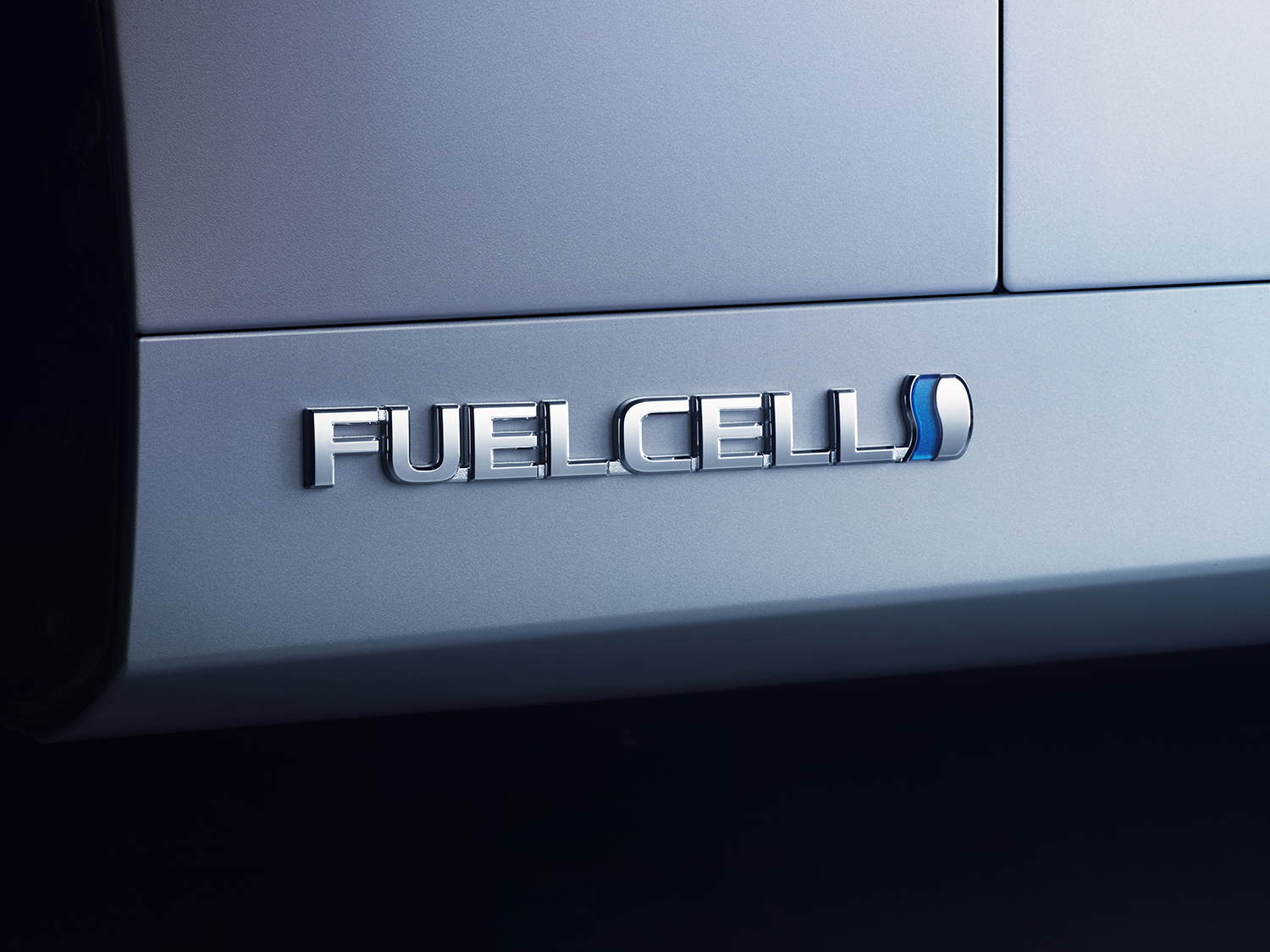For decades, automakers and even governments in some countries have defended the hydrogen fuel cell as the future of the automotive industry. However, this technology has been wholly superseded in the last decade by battery-powered electric cars, which have expanded much faster worldwide.
Currently, many brands have abandoned their developments regarding the hydrogen fuel cell, such as Daimler (Mercedes-Benz) or Honda. However, others such as Toyota or Hyundai maintain their investments in parallel to the development of their battery-powered electric cars; in fact, both currently offer two models of hydrogen, the Mirai and Nexo.
What advantages does the fuel cell have over paper compared to batteries? The main ones are its refueling speed, similar to that of a thermal vehicle, as well as its autonomy, which is initially superior. Like battery-powered electric cars, hydrogen cars do not emit polluting exhaust gases (they only produce water vapor when operating).
Despite everything, many specialists believe that the fuel cell will not be able to compete against batteries in the automotive sector due to aspects such as its high price and low energy efficiency. To obtain hydrogen from water, electrical energy is used in a process called electrolysis, which has an efficiency of 75%.
The hydrogen must then be compressed, cooled, and transported to refueling stations, which is 90% efficient. On the other hand, the generation of electrical energy from hydrogen in the fuel cell has an efficiency of 60%, while the electric motor 95%. Therefore, only 38% of the electrical energy initially generated is used to obtain hydrogen.
In the case of battery-powered electric cars, the electrical energy is transported directly through cables to the charging points, a process that has an efficiency of 95%. On the other hand, the load has an efficiency of 90%, while the electric motor maintains 95% mentioned above. Therefore, 80% of electrical energy is used.

Another aspect to take into account is the deployment of charging stations, very limited in the case of hydrogen due to the high costs of the high-pressure gas storage infrastructure. The charging points of battery-powered electric cars are cheaper and are deploying extremely quickly; Furthermore, these vehicles can be charged at home.
On the other hand, the battery industry is currently undergoing a real revolution with the arrival of numerous new chemicals that will allow the development of electric cars with superior autonomy and reduced charging times in the short term. Thus eliminating the main drawbacks of this technology still in full evolution.

